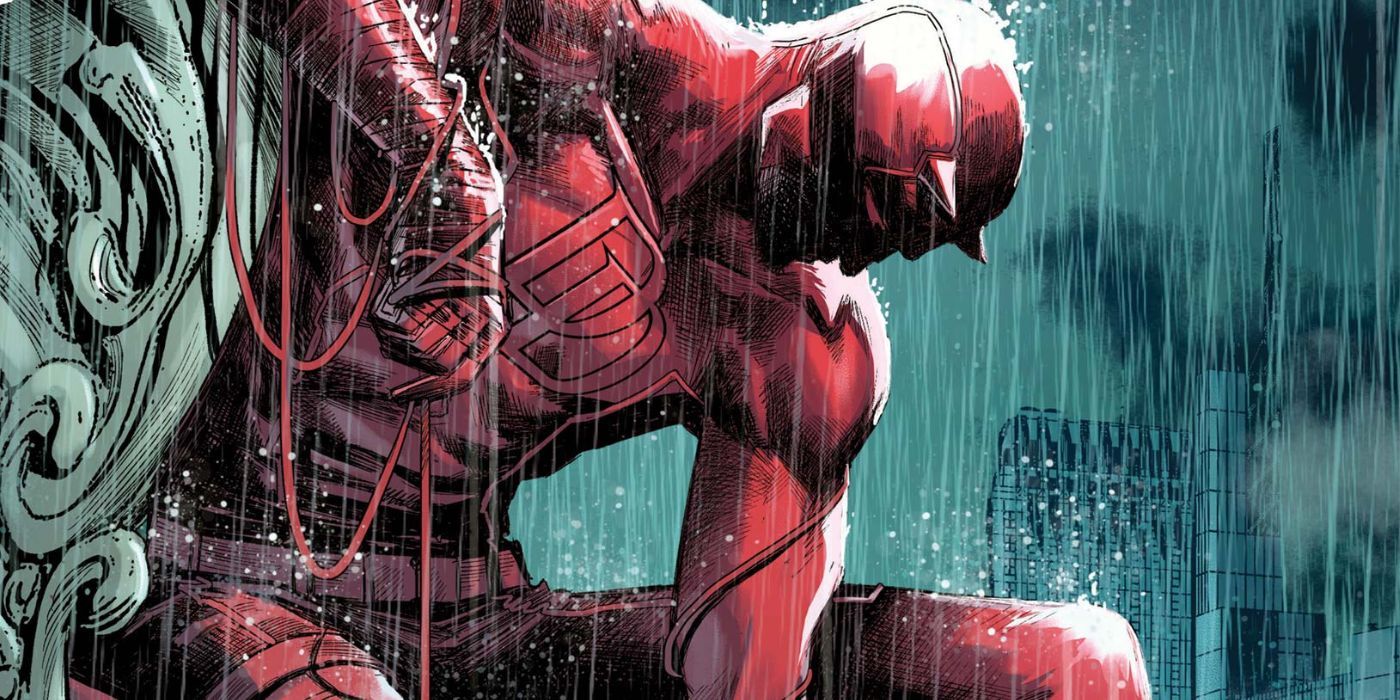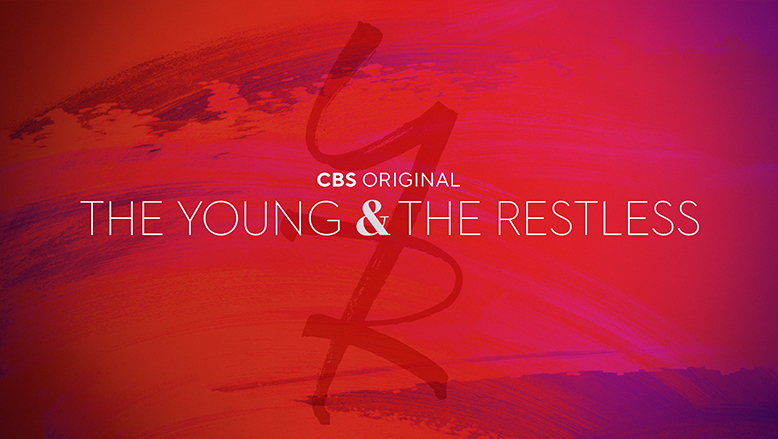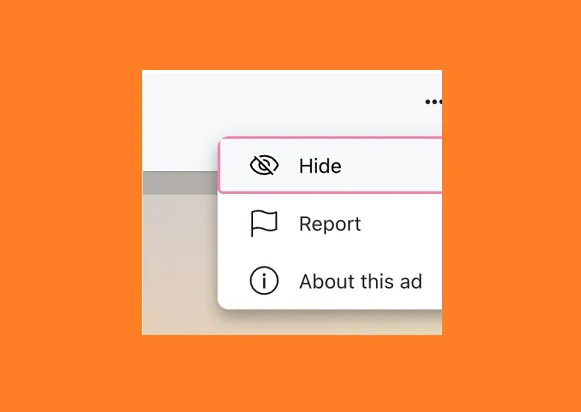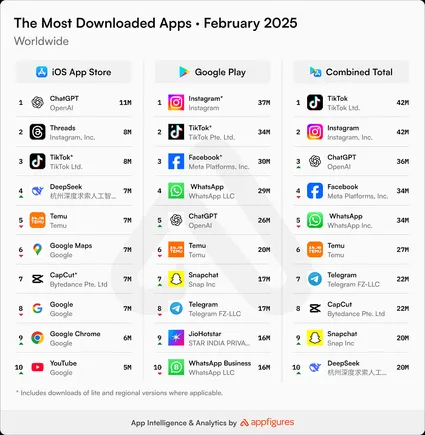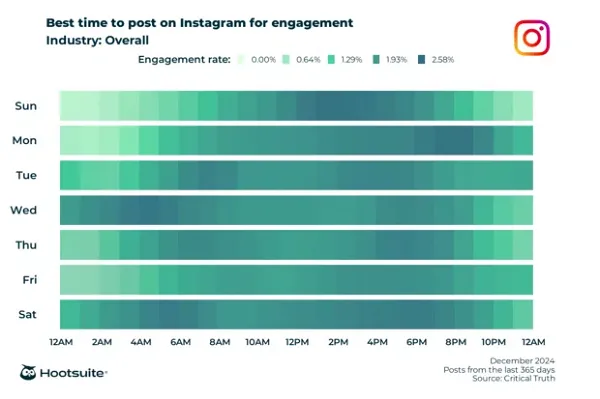The pressure’s rising on TikTok, with the U.S. Senate looking to quickly advance the proposed bill that could force the company into U.S. ownership, due to national security concerns.
Early last month, U.S. senators proposed a new bill aimed at addressing security concerns posed by foreign ownership of social media apps, which specifically takes aim at TikTok, which is owned by Chinese company ByteDance. Under the proposal, ByteDance would be forced to sell TikTok into American ownership, in order to ensure that U.S. user data is not being shipped back to China, where the C.C.P. could access that info and use it as intel for political purpose.
The bill was passed by the House Energy and Commerce Committee, then the House of Representatives, with a Senate vote being the next step, before it could be enacted by the President. And President Biden has said that if the bill makes it to him, he will approve it.
And this week, Senators have taken steps to advance the bill, with the TikTok proposal now bundled into a broader foreign assistance package, which could see it passed much sooner than initially expected.
As reported by The Financial Times:
“Republican Speaker Mike Johnson said the House would vote on three funding bills – for Israel, Ukraine and Taiwan – and a fourth bill that contains language on the popular video-sharing app similar to that of a measure which last month easily passed the House but has languished in the Senate. Assuming the House backs the bills in votes on Saturday, they would be bundled into one package and sent to the Senate, according to people familiar with the plan. That would significantly boost the odds that the Senate passes the measure, since many senators will be reluctant to scupper military funding for Ukraine.”
The cumulative package will further compel action on the proposal, which could see the Senate make its call on TikTok’s fate in the U.S. within weeks.
To be clear, even if the bill is passed, TikTok would still have almost a year to map out its divestment plan, and organize a new deal with a U.S. owner for the app. The only hitch then is that the Chinese government has said that it won’t allow the sale of the app, which could stop TikTok from moving into U.S. ownership either way.
So while the proposal in itself is not a ban, it could effectively end up being such, if the C.C.P. sticks to its guns, and refuses to allow the platform to be sold to an American owner.
Given this, you can understand TikTok’s annoyance at the latest moves.
It is unfortunate that the House of Representatives is using the cover of important foreign and humanitarian assistance to once again jam through a ban bill that would trample the free speech rights of 170 million Americans, devastate 7 million businesses, and shutter a platform…
— TikTok Policy (@TikTokPolicy) April 18, 2024
Though TikTok’s continued insistence that the bill itself is a ban hasn’t helped to improve its standing with U.S. politicians, who’ve been even more spooked by the app’s continued use of influence tactics to rally U.S. users for its cause.
So will TikTok actually be banned in the U.S.?
Well, again, it has to pass the Senate, and some Republican Senators have indicated that they won’t support a ban, in line with former President Donald Trump’s stance that TikTok shouldn’t be banned, because that would only give Meta more power over information flow.
Which is an aside from the actual focus of the proposal, but as a political issue, it could be voted down, along party lines.
But it’s definitely more likely to be passed when bundled with these other proposals. And if it does get through the Senate, it seems increasingly certain that it will be enacted.
Which could mean that TikTok is only available for another year in the U.S., though there will be time for the company and the Chinese government to reconsider their stance.









































